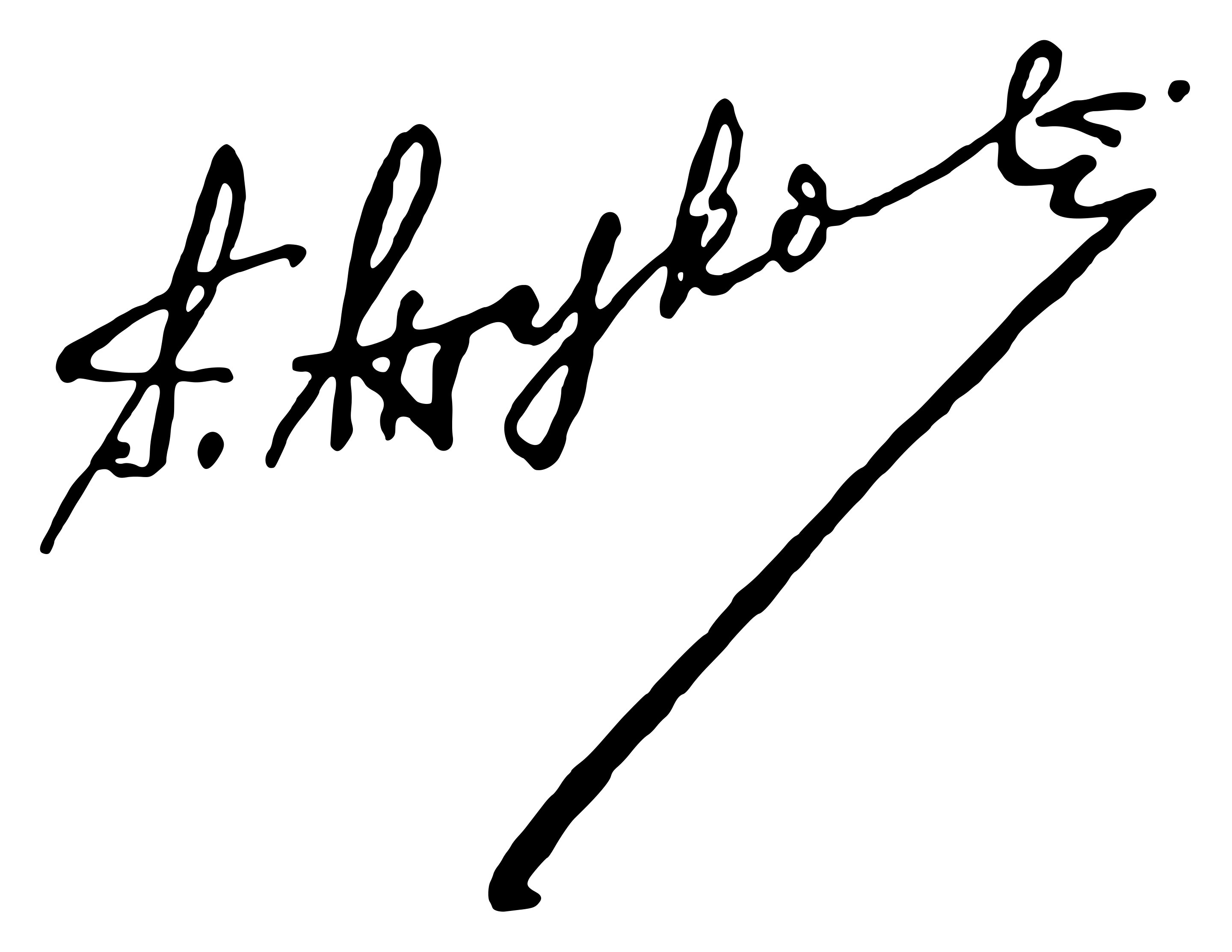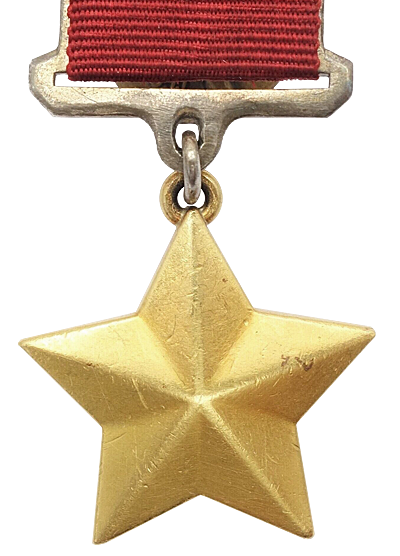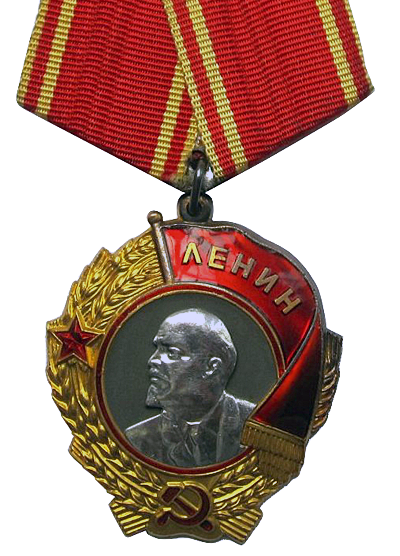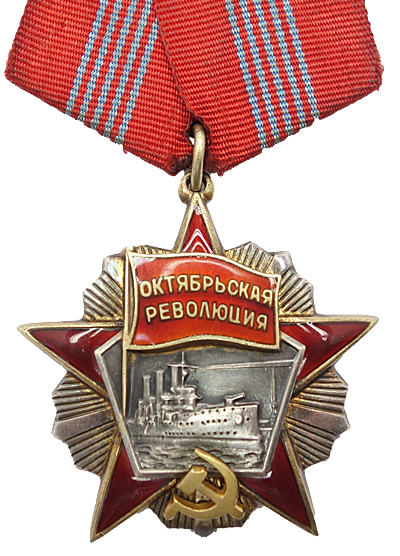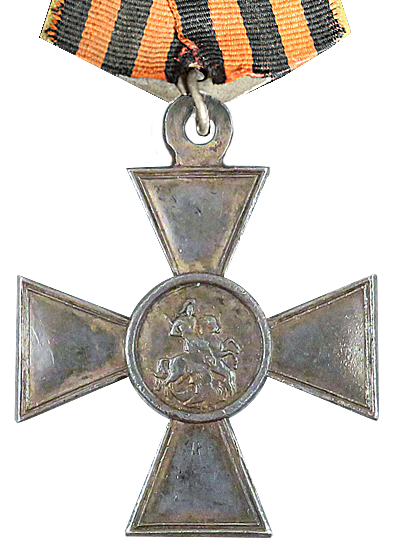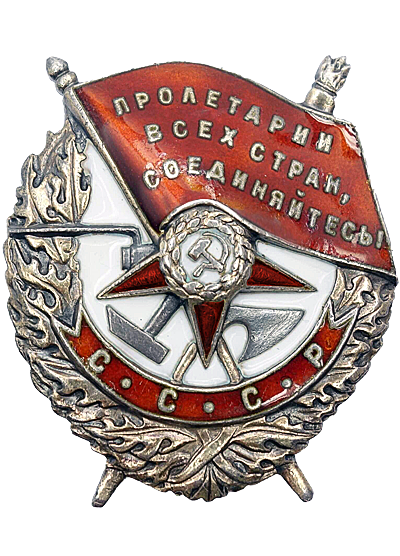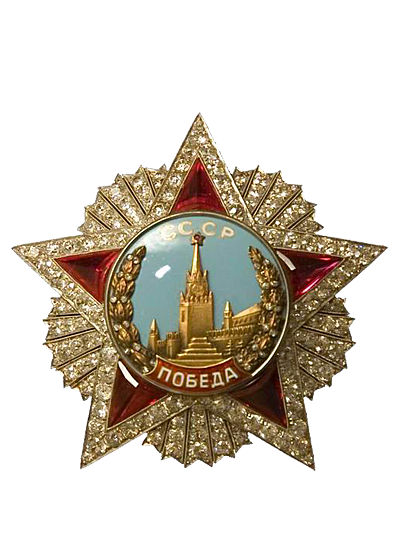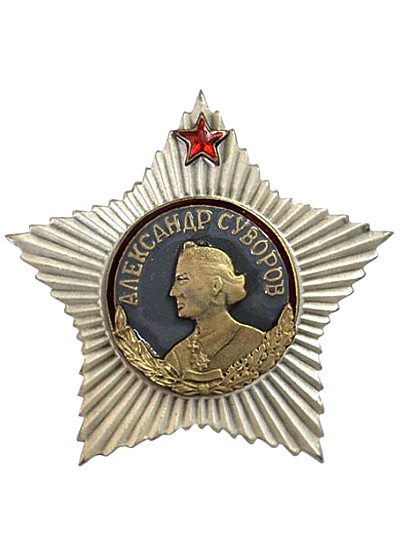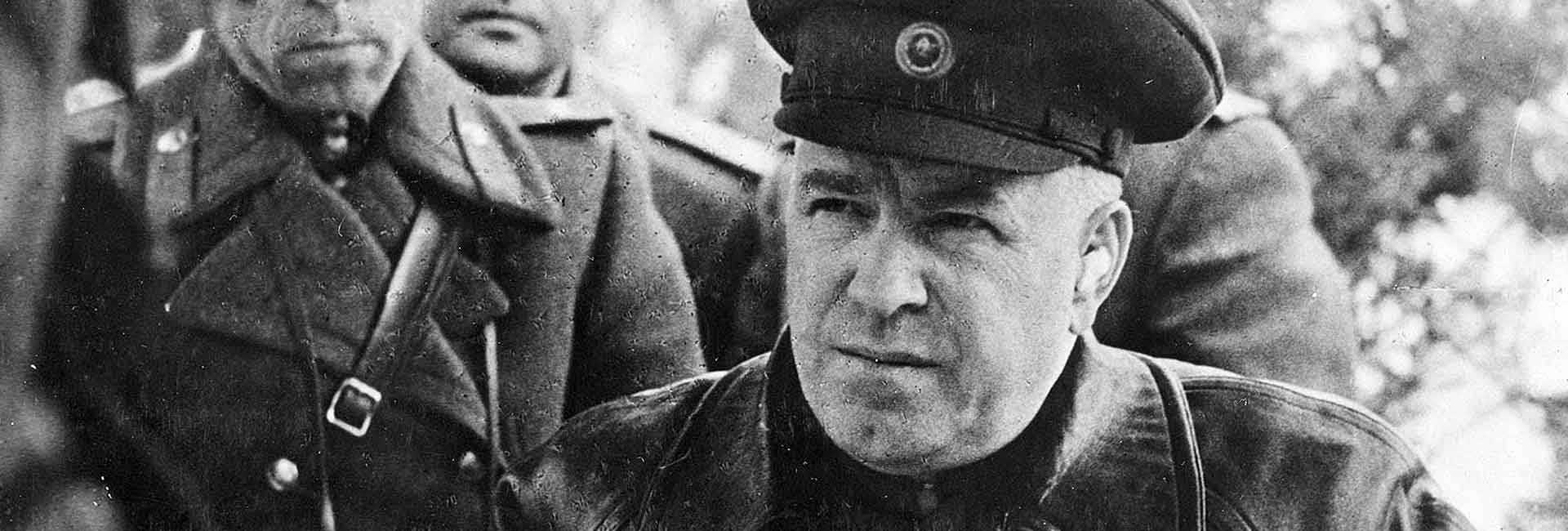
Life and death of Georgy Zhukov
Life and death of Georgy Zhukov, the facts
Georgy Konstantinovich Zhukov (1 December 1896 - 18 June 1974) was a Soviet general and Marshal of the Soviet Union. He also served as Chief of the General Staff, Minister of Defence, and was a member of the Presidium of the Communist Party (later Politburo). During the Second World War, Zhukov oversaw some of the Red Army's most decisive victories. Zhukov was the most acclaimed Soviet military commander of World War Two. His victories over the Germany army in the east, often at great cost in Soviet lives, did much to hasten the end of the war.
Born to a poor peasant family from central Russia, Zhukov was conscripted into the Imperial Russian Army and fought in the First World War. He then served in the Red Army during the Russian Civil War. Gradually rising through the ranks, by 1939 Zhukov was given command of an army group and won a decisive battle over Japanese forces at Khalkhin Gol, for which he won the first of his four Hero of the Soviet Union awards. In February 1941, Zhukov became chief of the Red Army's General Staff.
Following the German invasion of the Soviet Union, Zhukov lost his position of chief of the general staff. Subsequently, he organized the defense of Leningrad, Moscow and Stalingrad. He was further involved in the planning of several major offensives, including the Battle of Kursk and Operation Bagration. In 1945, Zhukov commanded the 1st Belorussian Front and took part in the Vistula–Oder Offensive and the Battle of Berlin, which resulted in the defeat of Nazi Germany, and the end of the war in Europe. In recognition of Zhukov's role in the war, he was chosen to personally accept the German Instrument of Surrender.
From 12 February 1944, Zhukov coordinated the actions of the 1st Ukrainian and 2nd Ukrainian Fronts. On 1 March, Zhukov was appointed the commander of the 1st Ukrainian Front until early May following the ambush of Nikolai Vatutin, its commander, by Ukrainian Insurgent Army near Ostroh. During the Soviet offensive Operation Bagration, Zhukov coordinated the 1st Belorussian and 2nd Belorussian Fronts, later the 1st Ukrainian Front as well. On 23 August, Zhukov was sent to the 3rd Ukrainian Front to prepare for the advance into Bulgaria. On 16 November, he became commander of the 1st Belorussian Front which took part in the Vistula–Oder Offensive and the battle of Berlin. He called on his troops to "remember our brothers and sisters, our mothers and fathers, our wives and children tortured to death by the Germans. We shall exact a brutal revenge for everything." More than 20 million Soviet soldiers and civilians died as a result of the war. In a reprise of atrocities committed by German soldiers against Soviet civilians in the eastward advance into Soviet territory during Operation Barbarossa, the westward march by Soviet forces was marked by brutality towards German civilians, which included looting, burning and rapes.
Death Zhukov
After the war, Zhukov's success and popularity caused Joseph Stalin to see him as a potential threat; he was subsequently stripped of his positions and relegated to military commands of little strategic significance. After Stalin's death in 1953, Zhukov returned to favour and supported Nikita Khrushchev's bid for Soviet leadership. In 1955, he was appointed Defence Minister and made a member of the Presidium. In 1957 Zhukov lost favour again and was forced to retire. He never returned to a position of influence and died on 18 June 1974, Zhukov died after another stroke. Contrary to Zhukov's last will for an Orthodox Christian burial, and despite the requests of the family to the country's top leadership, his body was cremated and his ashes were buried at the Kremlin Wall Necropolis alongside fellow generals and marshals of the Soviet Union.
In 1995, a large statue of Zhukov was erected in front of the State Historical Museum, depicting him on a horse. On the 100th anniversary of Zhukov's birth, a panikhida Orthodox memorial service was conducted at his grave, the first such service in the history of the Kremlin Wall Necropolis.
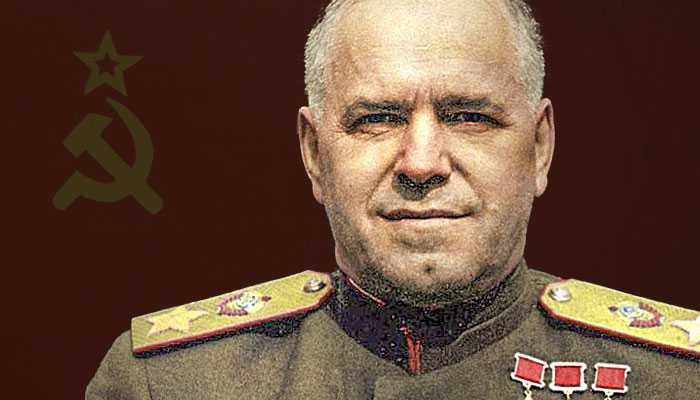
-
Born: 1 December 1896
-
Strelkovka, Russian Empire
-
Died: 18 June 1974
-
Moscow, Russian SFSR
Marshal of the Soviet Union
